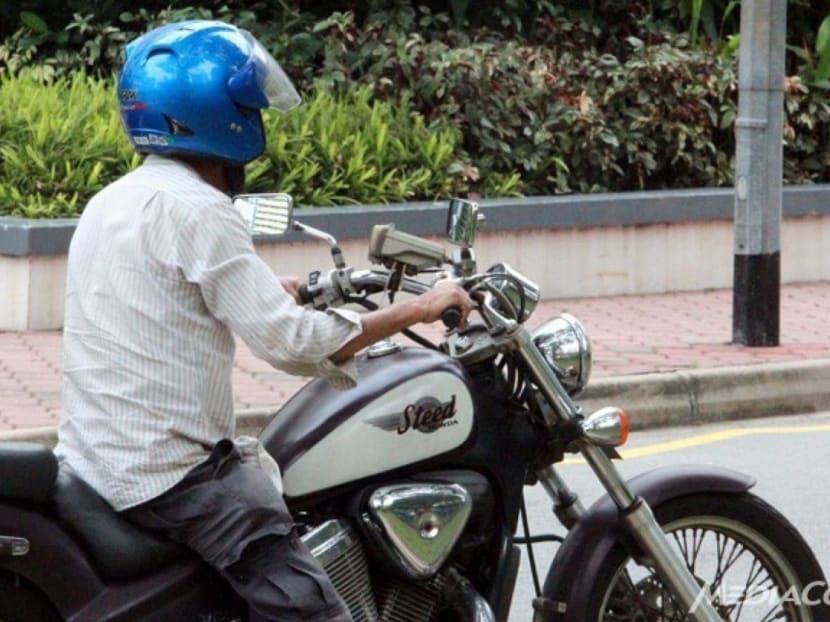New three-tiered system for motorcycles announced
SINGAPORE — New big bikes would be taxed more heavily, while a portion of the Certificate of Entitlement (COE) quotas from deregistered motorcycles would no longer go into the Open Category for bidding, Finance Minister Heng Swee Keat announced yesterday.
SINGAPORE — New big bikes would be taxed more heavily, while a portion of the Certificate of Entitlement (COE) quotas from deregistered motorcycles would no longer go into the Open Category for bidding, Finance Minister Heng Swee Keat announced yesterday.
Apart from these measures to address the trend of a shrinking motorbike population on the roads and costlier models becoming more popular, the authorities are mulling over wider changes to the Open Category, which can be used for all types of vehicles now but end up mainly used for registering luxury cars.
The aim is to make the COE system a more equitable one in catering to the changing demand for various types of vehicles and under all COE price scenarios, the Land Transport Authority (LTA) said in a press release.
In his Budget speech, Mr Heng said that the flat Additional Registration Fee (ARF) of 15 per cent will go, given that more buyers are choosing expensive bikes, some of which have an Open Market Value (OMV) comparable to a small car’s. Instead, two new tiers of higher taxes will be imposed, starting with the next COE bidding exercise that begins tomorrow. The exercise was postponed from yesterday because of this announcement.
Under the new system, the 15 per cent ARF rate will stay for motorcycles with an OMV of up to S$5,000. The subsequent S$5,000 of a motorcycle’s OMV will incur an ARF of 50 per cent, and the remaining OMV above S$10,000 will come with an ARF of 100 per cent. Some bike brands that will be hit by the change include Harley Davidson, Ducati and BMW.
Buyers of two-wheelers that do not require bidding for a COE, such as classic motorcycles, will also be subject to the new tiered rates.
Mr Heng said that going by current registration trends, more than half of new motorcycle buyers will not have to pay more. In addition, the authorities will stop funnelling 10 per cent of motorcycles’ COE quota into the Open Category, starting from May.
In tandem, COEs under the Open Category will not be allowed to be used to register motorcycles. Under the current system, buyers who opt to do so pay one-third the prevailing premium.
The LTA said that differential bidding is one potential way to improve the Open Category mechanism.
This involves Open Category bidders indicating how much extra they would be willing to pay on top of a reference price which, hypothetically, could be the Prevailing Quota Premium (PQP) for the category in which they wish to register a vehicle. The PQP is the moving average of the COE prices in the past three months. The LTA said that it would share more details in due course to solicit feedback from the public and industry players.
Mr Neo Tiam Ting, president of Automobile Importer & Exporter Association (Singapore), said that differential bidding was a good consideration since the Open Category now favours those with the means to pay, squeezing out buyers from other categories, particularly small cars and goods vehicles or buses.
However, Mr Raymond Tang, first vice-president of Singapore Vehicle Traders Association, commented that differential bidding would make the Open Category “very messy”, and bidding should be left to market forces, as it is now.









